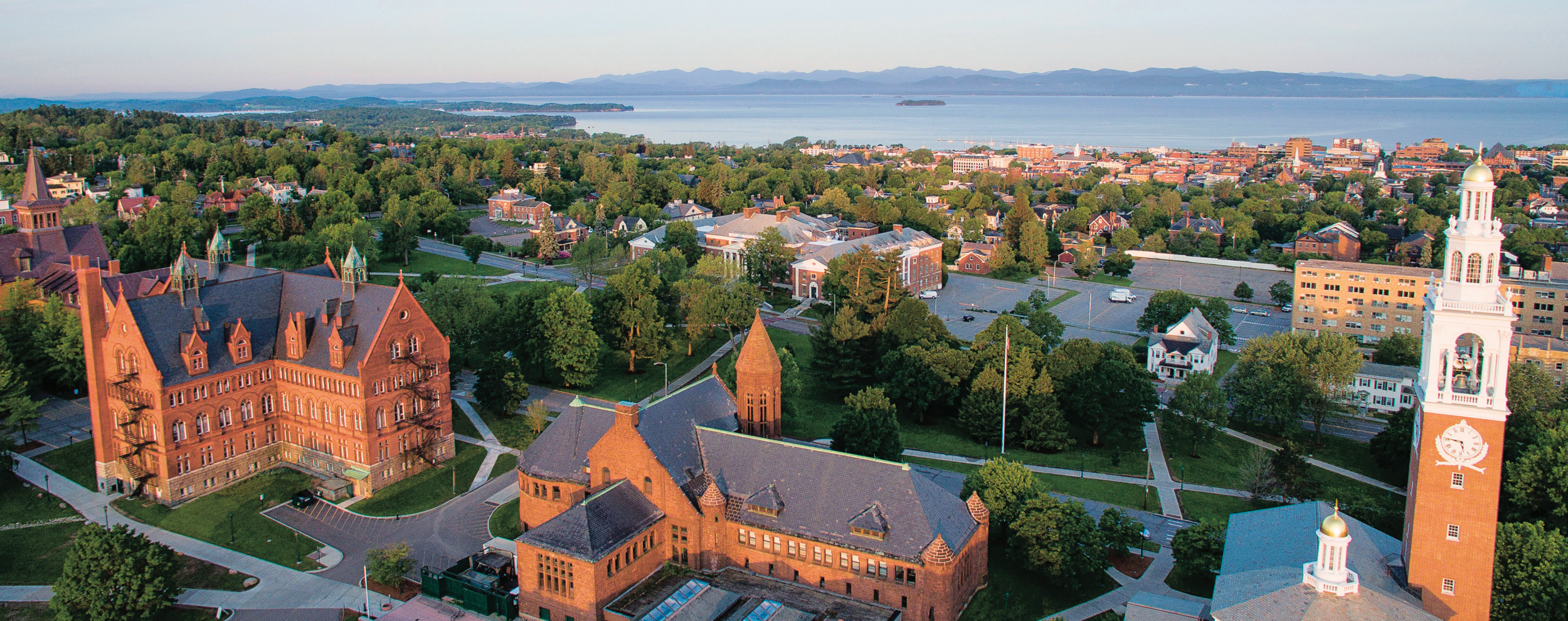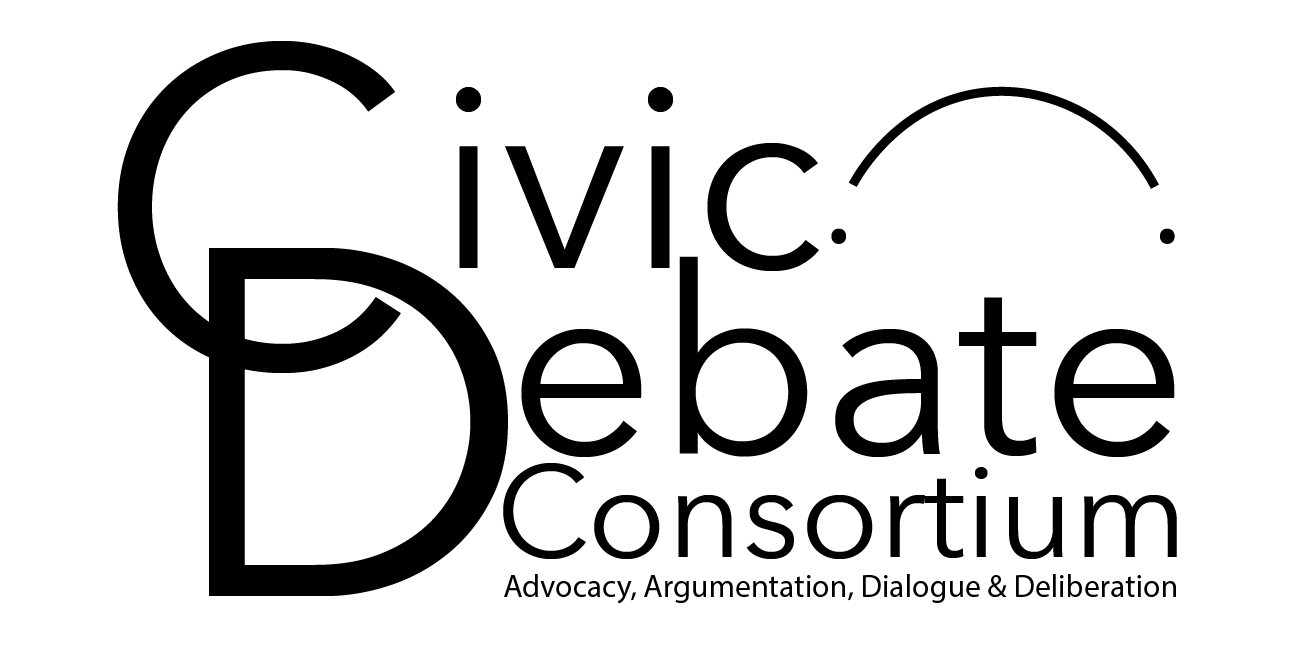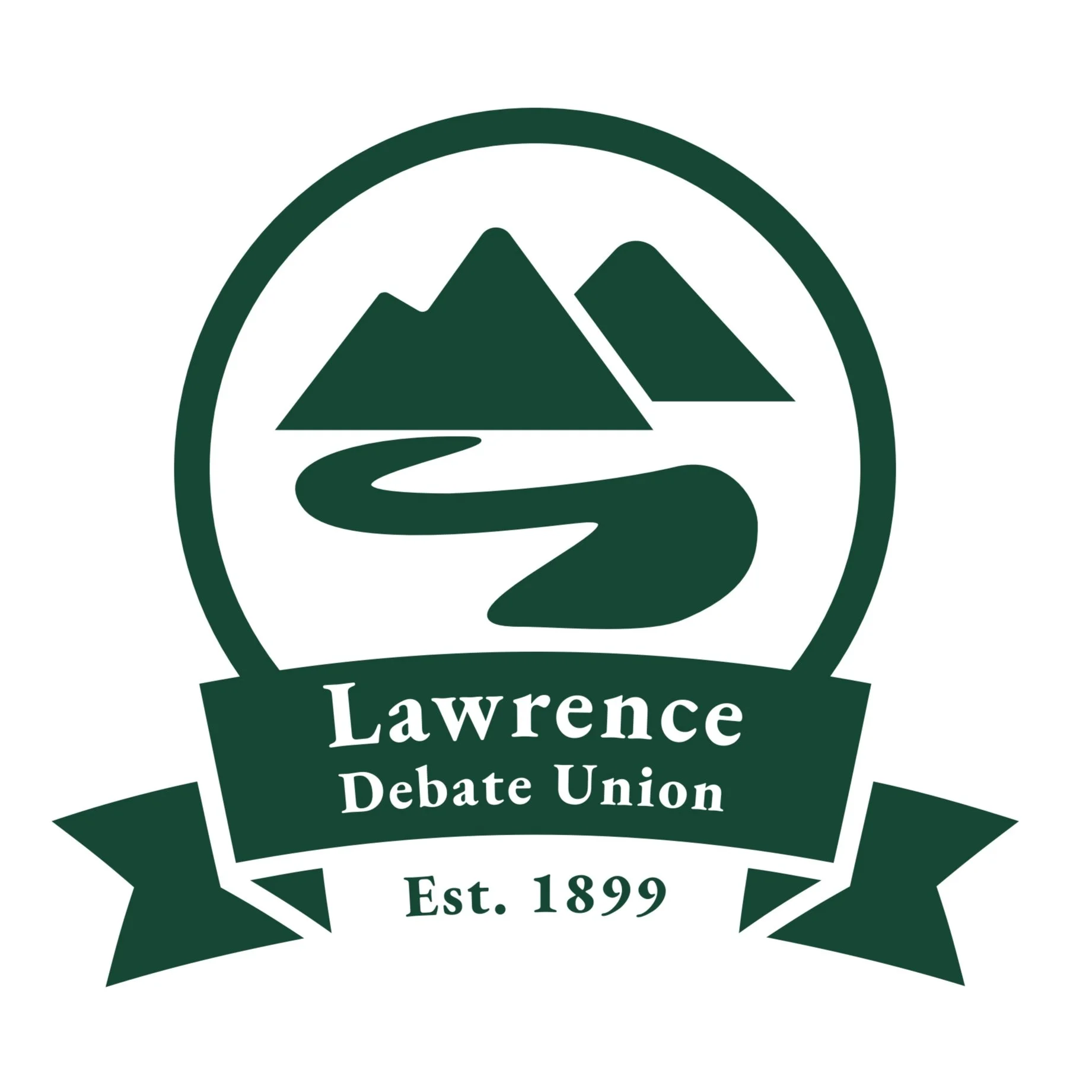
The Janus Forum
The University of Vermont’s Lawrence Debate Union and the Presidential Lectures Committee to invite you to the UVM Janus Forum. The event will take place on March 7-8, 2025 on the University of Vermont’s campus. The Janus Forum is part of the UVM Presidential Lecture Series. For the 2024-25 academic year, the series explores the perennial but newly clamorous question of free speech: Who can, cannot, does, and does not speak in the public and private sphere? Why and why not?
The event kicks off with the marquee Janus Forum debate between two leading scholars in the field of free speech on Friday, March 7. This year’s Janus Forum disputants include Suzanne Nossel, president of Freedom House and former CEO of the free-expression advocacy group PEN America, and Aleksandra Gliszczyńska-Grabias, an assistant professor at the Polish Academy of Sciences, famous for her work in anti-discrimination law and “memory laws.” Nossel and Gliszczyńka-Grabias will debate whether the more restrictive, European/German approach to free expression is preferable to the more libertarian approach that characterizes U.S. case law.
The intercollegiate debate event will immediately follow the marquee Janus Forum debate on Friday evening and continue into Saturday, March 8. The topic for this event will build on this year’s Janus Forum topic as well as the Vanderbilt Dialogues on Free Speech topic, which focused on political disinformation, held on Vanderbilt’s campus on October 18-19, 2024. The topic for the intercollegiate portion of the Janus Forum Debates will be “To address political disinformation, the more restrictive European/German model of free speech is preferable to the U.S. First Amendment model.” The event will include three rounds of debate and a final round. The final round judges will include the Janus Forum marquee speakers, Suzanne Nossel and Aleksandra Gliszczyńska-Grabias.
There are no entry fees. Meals will be provided for dinner on Friday evening and lunch on Saturday afternoon. We have negotiated a block group hotel rate, which is detailed below. Registration is due by February 24, 2025.
Topic and topic statement information:
Topic: To address political disinformation, the more restrictive European/German model of free speech is preferable to the U.S. First Amendment model.
Topic Statement: Affirmative teams will affirm the topic by arguing the more restrictive European/German model of free speech is a better model for addressing political disinformation than the U.S. First Amendment model. The negative team will negate the topic by arguing against the more restrictive European/German model of free speech and that the U.S. First Amendment model is preferable.
Lodging info
Best Western, Windjammer. South Burlington, VT
Format
1st Affirmative 6 Minutes, cross examination by 2nd Negative 4 minutes
1st Negative 6 minutes, cross examination by 1st Affirmative 4 minutes
2nd Affirmative 6 minutes, cross examination by 1st Negative 4 minutes
2nd Negative 6 minutes, cross examination by 2nd Affirmative 4 minutes
2 minutes of preparation time
Affirmative Rebuttal 6 minutes
2 minutes of preparation time
Negative Rebuttal 6 minutes
Schedule of events, March 7-8, 2025
Friday, March 7, 2025
2:00-2:45 pm: Check in and registration, Ifshin Hall, Keller Room 107
3:00-5:00 pm: Janus Forum Marquee debate between Suzanne Nossel and Aleksandra Gliszczyńska-Grabias, Ifshin Hall, Keller Room 107
5:00-6:00 pm: Dinner
6:00-7:45 pm: Round 1
Saturday, March 8, 2025 Breakfast on your own at the hotel
9:00 am: Check-in
9:15 am-11 am: Round 2
11:15 am-1:15 pm: Round 3
1:15 pm-2:15 pm: Lunch
2:15 pm-4 pm: Final Round
4:15 pm: Awards
Judging info
N=1 for first team; N/2 for all additional teams
Final round will be judged by Suzanne Nossel, president of Freedom House and former CEO of the free-expression advocacy group PEN America, and Aleksandra Gliszczyńska-Grabias, an assistant professor at the Polish Academy of Sciences, famous for her work in anti-discrimination law and “memory laws.”

